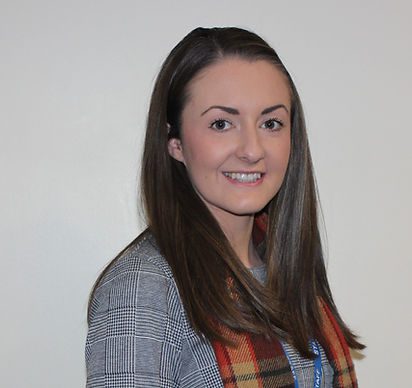Click on the sections below to explore and learn more about the Science curriculum at St Joseph’s..
The works of the Lord are magnificent; they are treasured by all who desire them’
Psalm 111:2
Our Science Vision (Intent)
At St Joseph’s, we provide a curriculum which encourages our children to be inquisitive learners with skills that enable them to move into the world with a passion for life-long learning.
Our Science provision at St Joseph’s encourages curiosity, engagement, perseverance, open-mindedness and co-operation. We inspire our pupils to develop an interest in science, through first-hand experiences and practical work. The values of resilience, learning through mistakes and self-led investigation are encouraged and celebrated.
At St Joseph’s we aim :
To promote and develop children’s enjoyment and enthusiasm for science through exciting, practical, first-hand learning and opportunities to experiment, explore and investigate.
To ensure that the statutory requirements of the National Curriculum (2014) for science are all covered and taught effectively.
To help pupils to become scientists by developing their problem solving and reasoning skills so that they can apply their scientific thinking across the curriculum.
To ensure that from the EYFS onwards, pupils are confident in their understanding and application of their basic skills in science and that they build upon their prior learning at every stage.
To encourage children to use their increasing knowledge, skills and understanding of science to investigate, ask questions and solve challenging problems.
Our Science Practice (Implementation)
At St Joseph’s, teachers create a positive attitude to science learning within their classrooms and reinforce an expectation that all pupils are capable of achieving high standards in science. Our whole school approach to the teaching and learning of science involves the following;
Science is taught in planned and arranged units by the class teacher, following the Deepening Understanding scheme of work which covers all of the National Curriculum Science objectives. Our science units are sequenced to allow for children to build on their previous learning, utilise the natural environment and sometimes to allow for a thematic approach to deepen the children’s understanding and to make contextual links.
Key vocabulary is introduced at the beginning of each unit through an age-appropriate activity, as well as being displayed on the unit’s knowledge organiser and on the half term’s homework grid. This approach means that children are able to understand the new vocabulary when it is used in teaching and learning activities and apply it themselves when they begin their work
Each lesson begins with a recap of previous related knowledge using the ‘Remember the Science’ slides. This helps children to retrieve what they have learnt previously, and ensures that new knowledge is taught in the context of previous learning to promote a shift in long term memory.
The ‘Wonder Wall’ is used throughout each unit of work to allow for children to practise their deeper thinking skills, as well as to engage children in thoughtful discussions about their learning. This also gives the teacher an opportunity to address any misconceptions and to assess the children’s prior and wider knowledge of each unit.
Each science unit has an associated scientist closely linked to the scientific context that the pupils are learning about. Through studying the works of a wide range of scientists, pupils are able to develop an accurate and genuine understanding of science and are inspired to become scientists of our future.
We build upon the knowledge and skill development of the previous years. As the children’s knowledge and understanding increases, they become more confident in selecting, using scientific equipment, collating and interpreting results.
Teachers demonstrate how to use scientific equipment, and the various Working Scientifically skills in order to embed scientific understanding. Teachers find opportunities to develop children’s understanding by taking children outside of the classroom, arranging educational workshops, planning class trips and extra-curricular activities.
Events, such as Whole School Science Day, allow all pupils to come off-timetable, to provide broader provision and the acquisition and application of knowledge and skills. These events often involve families and the wider community.
Our Science Leader is Miss Guy.


